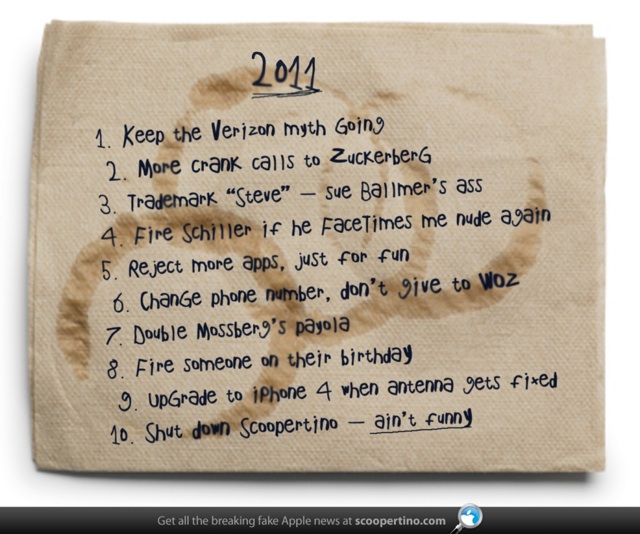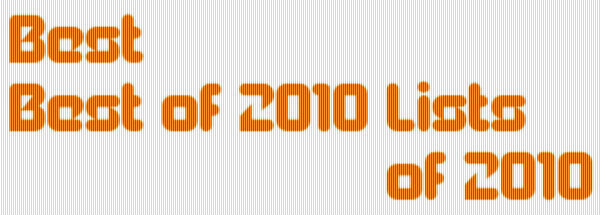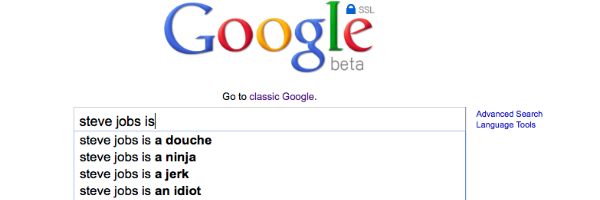
Webcopyplus recently discovered a website called The Noun Project, which describes itself as “a collection of highly recognizable symbols that form the world’s visual language.” The Noun Project’s sleek symbol designs are licensed under public domain, meaning they’re free for anyone who wants to download them and use them in their own projects.
Continue reading →
Posted on Jan 13 2011 9:02 am by Rick Sloboda
tags: Marketing Web Design Working in the Web
|
category: Web world at large |
Leave a comment

Want to save a word from oblivion? Oxford Dictionary lets you adopt old or lost words to help keep them alive. The organization states that 90% of everything we write is communicated by only 7,000 words, and each year hundreds of words are being dropped from the English language.
Continue reading →

Do you spend more time than you need to on Facebook, Twitter, Google and any other of the two billion websites floating around the Internet? You may be suffering from a condition scientists are calling Information Deprivation Disorder.
Continue reading →

One of our favourite sources for general hilarity and Web-related weirdness, Laughingsquid, posted Steve Jobs’ New Years Resolutions on a Starbucks Napkin, courtesy of the ‘unreal Apple news’ team over at Scoopertino. If you think this is funny, check out some of Scoopertino’s other fake Apple news pieces, like Wikileaks Releases 140,000 Emails from Steve Jobs, and Apple Kool-Aid to Go Into Mass Distribution.
I guess we’re not the only ones who like to poke a little fun at Apple’s head brat.

Recently, 52 Weeks of UX posted an article that challenged a commonly held opinion regarding web content — that it should be as concise and simple as possible in order to appeal to the average web user, whose attention span online doesn’t often creep past a few seconds. The popular theory goes, that if you don’t deliver the pertinent facts quickly, your website visitors will get frustrated and go elsewhere to find the information they desire.
In response to the point that web copy should be brief, the article’s author, Joshua Porter, stated: “There are several problems with this assumption, however. First, people do actually read on the Web…scanning is simply the first step in the process. Second, short text can be just as poorly written as long text (and often is). Third, people actually seek out and enjoy reading longer texts.“
Here are the author’s points supporting this statement, and our take:
Continue reading →

If you’re like me, you get irritated by overused headlines. Now that we’re entering ‘Best of 2010’ season, I’ve gone into hyper-eye-roll mode.
To help you waste your Internet time wisely, I’ve decided to be your ‘Best of 2010’ list curator. Of course, all of these are based around my penchant for web content, copywriting, web design, technology and marketing, and I rebelliously chose 9 instead of 10.
Here is my collection of the Best Best of 2010 Lists of 2010.
Continue reading →

In his 2002 book The Big Red Fez , marketing author Seth Godin critiqued selected websites and how they helped or hindered their visitors. He likened the website visitor to a monkey looking for a banana. If the banana is too hard to find, then the monkey will go elsewhere. Today, are websites making it easier to find the banana or is the furry guy starving?
, marketing author Seth Godin critiqued selected websites and how they helped or hindered their visitors. He likened the website visitor to a monkey looking for a banana. If the banana is too hard to find, then the monkey will go elsewhere. Today, are websites making it easier to find the banana or is the furry guy starving?
Continue reading →

Chris Anderson, editor-in-chief of Wired Magazine and author of the best-selling book The Long Tail, once stated that “your brand isn’t what you say it is, it is what Google says it is.” In a world where most website visitors find your company through search engines, this statement seems truer than ever. When search engines assign the same weight to bloggers as multi-national corporations, how much control can you exert over your brand?
Continue reading →

Curious about what websites some of the top professionals in your industry consult on a daily basis? Webcopyplus recently surveyed people we admire in web marketing and related professions to find out what they’re reading online, for both professional inspiration and general interest. We hope their answers shed some light on what drives them, and perhaps inspire you to broaden your daily reading.
Continue reading →














